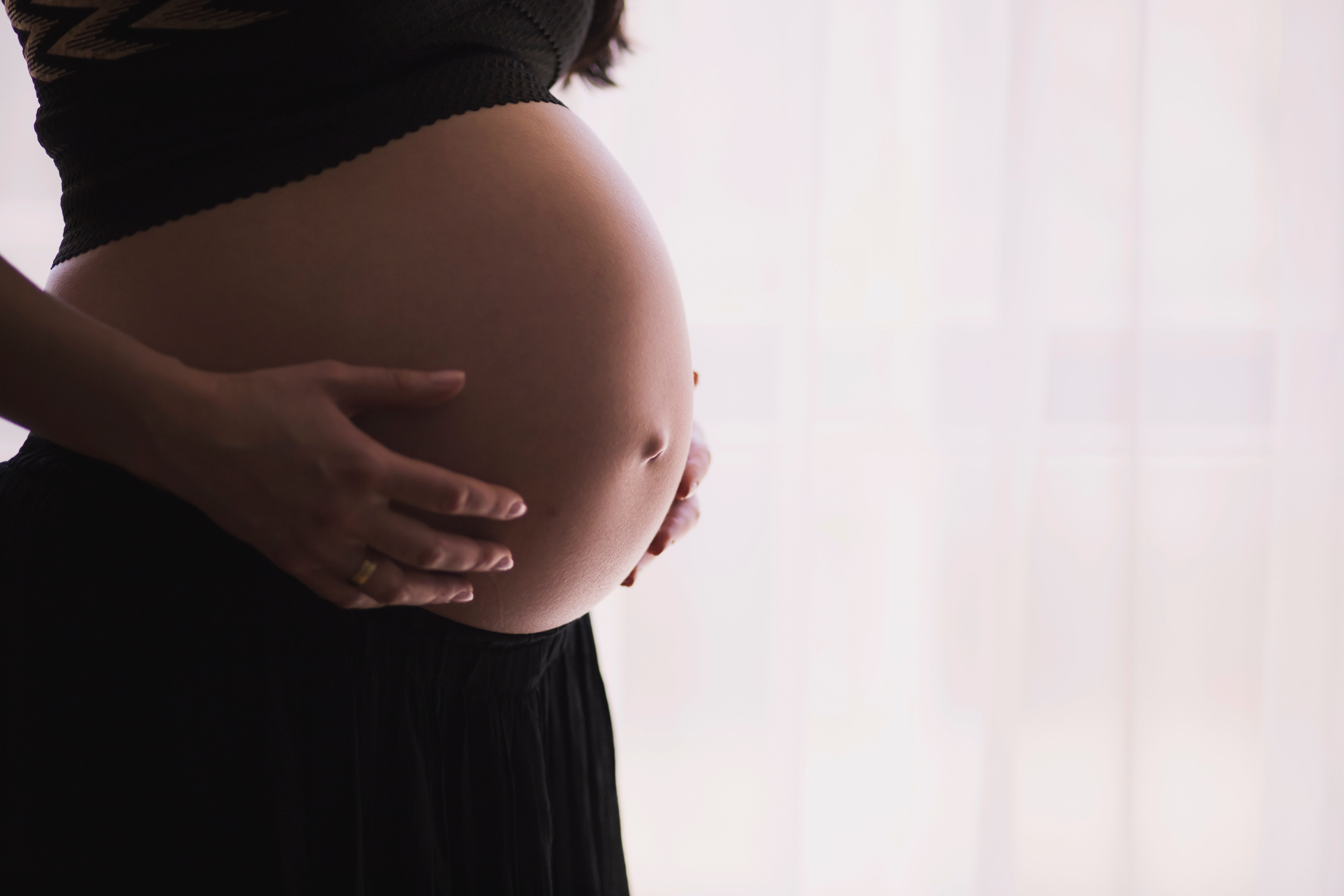It’s not a myth. Pregnancy really can and does make women go up in shoe size, and unfortunately, for some women, their feet stay bigger too. This phenomenon can be confusing, after all, why can your foot size increase when you’re pregnant but not when you put on weight? Today, we’re sharing exactly why.
A hormone called ‘Relaxin’
When you’re pregnant, your body is flooded with a number of different hormones. One of these is called relaxin, and it’s responsible for helping to soften and loosen your ligaments and tissues. This is essential as your body is constantly growing and expanding to accommodate your growing baby. Without softer ligaments, this process could be very painful.
Aside from helping the ligaments and tissues in your abdominal area expand, it also affects your feet, as well as the rest of your body. You have a lot of ligaments in your feet that are responsible for keeping bones stable, held in position, and supported. As these loosen, your foot may ‘relax’ and flatten – especially with the increased weight and pressure they’re under. This can result in both an increased width and length of the foot, as well as a generally ‘flatter’ foot.
This is why your feet generally do not increase in size with weight gain (unless there are other factors involved), but do in pregnancy.
Can I prevent my feet from changing size?
Unfortunately, there’s not a lot you can do to prevent hormones from flooding your body and having this effect. What you can do is keep your feet supported throughout your pregnancy. This includes:
- Wearing comfortable, stable and supportive footwear
- Using custom orthotics to support and promote the natural shape and contours of your feet
By keeping your arch supported, you can help limit the stretching of the ligaments on the feet. Having your feet supported with shoe and orthotics can also help prevent overuse injuries from muscles and tendons of the feet and legs having to work harder to keep you moving with a flatter foot position.
Your shoes will also help restore some stability that may be lost with looser ligaments. A good example is ankle sprains – with the ligaments supporting your ankle not being as ‘firm’ as they originally were, you may have a higher risk of ankle sprains. Wearing good, supportive shoes that cup the ankle can help prevent this.
Wear the right size shoes
If your feet have gone up in size and width, make sure you get shoes that fit your new size and don’t try to squeeze into your previous pairs. Trust us, as parents ourselves, the last thing you want with a new baby is foot pain. Invest in new comfortable shoes to limit any rubbing against the sides of your feet, and pressing up against the front of your toes.
Returning back to your original foot size
While some people will return back to their original foot size, others won’t. It’s hard to predict – and even harder to control. Our best advice is to keep your feet supported and protected throughout your pregnancy.
Need help staying comfortable on your feet?
Our experienced podiatry team would love to help. We’re parents too – so we totally get it. You can book your appointment online by clicking here or call us on (09) 523 2333

